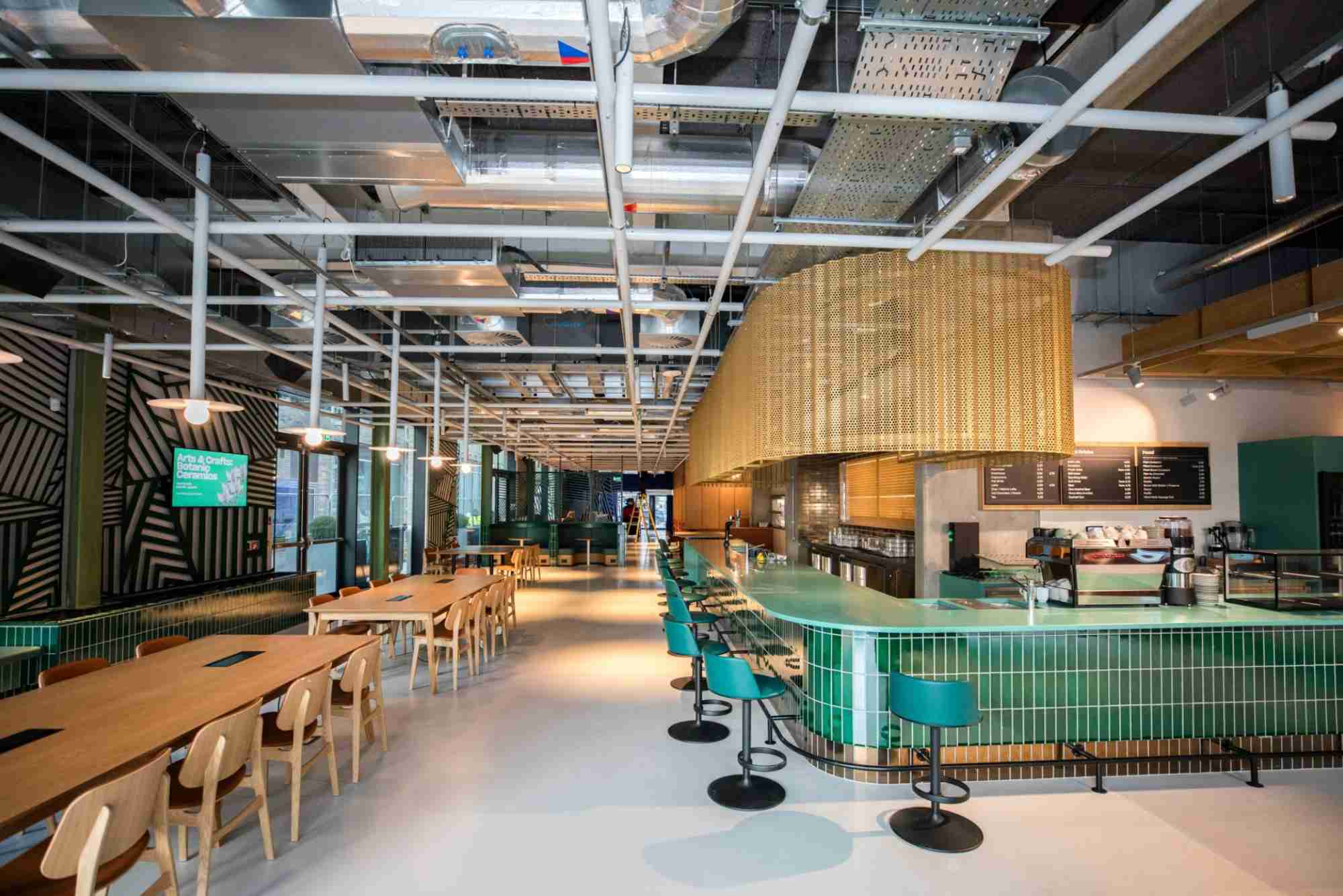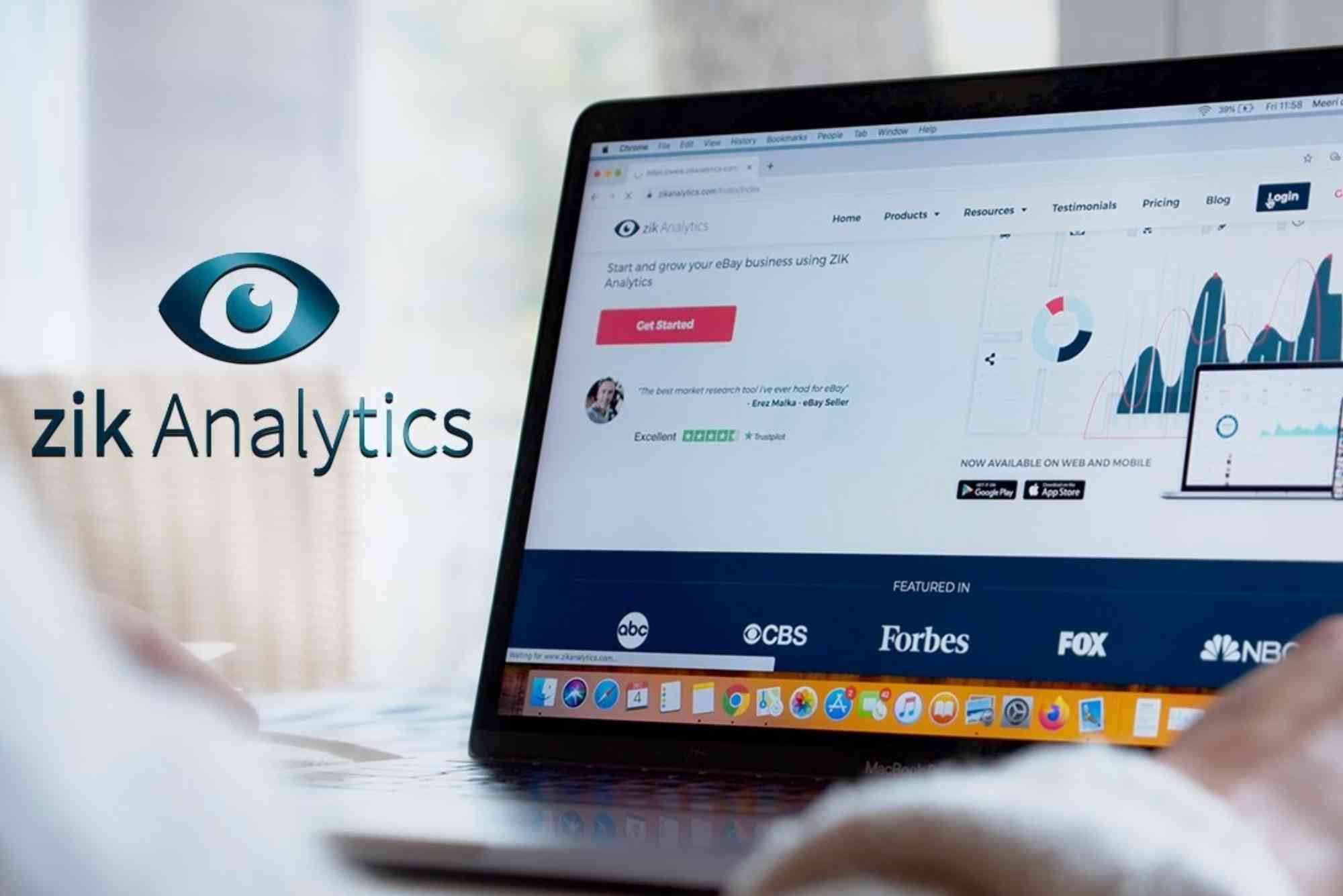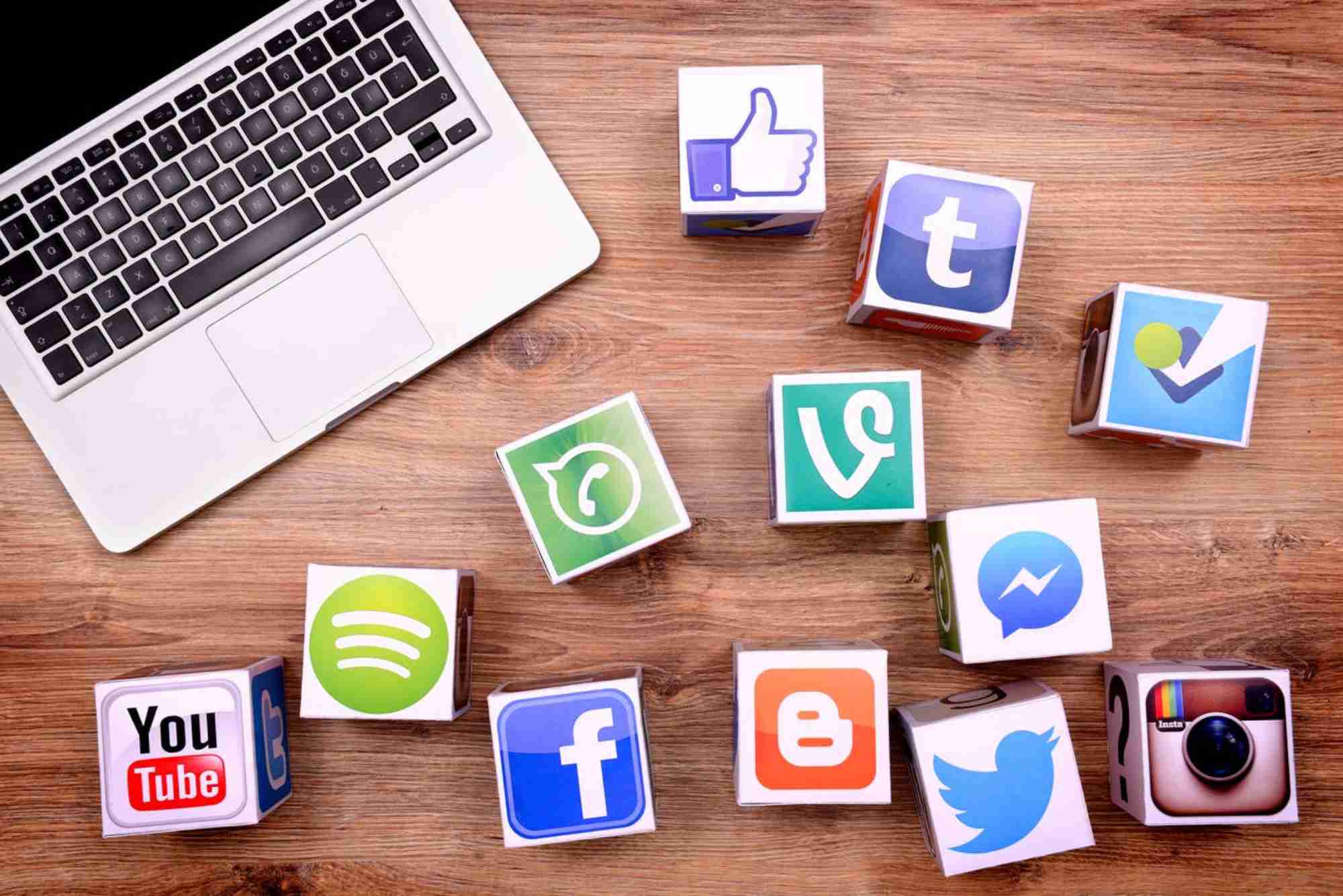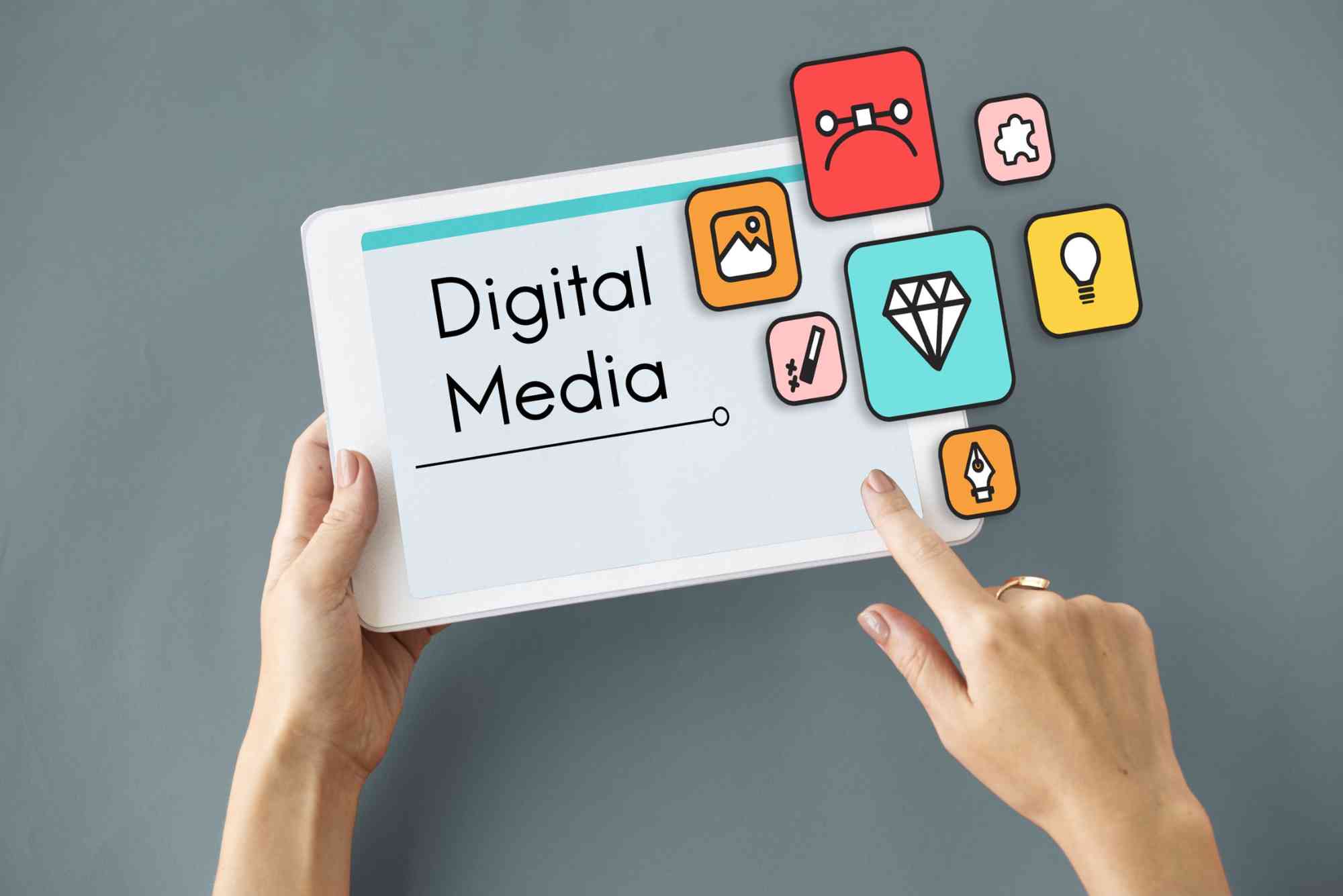Introduction
In today’s connected world, the impact of social media on digital marketing cannot be overstated. Whether you’re a small business or a global brand, social platforms shape how audiences discover, engage, and trust you. Social media has evolved from a simple communication tool into a powerful marketing engine that drives awareness, engagement, and sales. Understanding this impact is essential for every marketer who aims to stay competitive in the ever-changing digital landscape.
Understanding the Impact of Social Media in the Digital Era
Social media has transformed how brands communicate with customers. Unlike traditional advertising, it offers two-way communication, allowing real-time interaction and immediate feedback. This has shifted marketing power from brands to consumers, forcing businesses to be more transparent and authentic.
Social media channels like Facebook, Instagram, X (formerly Twitter), LinkedIn, and TikTok each have their unique strengths. They influence not only buying decisions but also brand perception and loyalty. According to Wikipedia Social Media, social media marketing uses these platforms to connect with audiences, build brand identity, and drive traffic that ultimately converts.
The Power of Engagement: Building Relationships, Not Just Followers
One of the most significant advantages of social media in digital marketing is engagement. Unlike static advertisements, social content invites interaction. Brands can respond to comments, share user-generated content, and even host live sessions to connect with their communities.
Creating Emotional Connections
Engagement is about building emotional ties. Consumers trust brands that communicate consistently and authentically. A single positive interaction—like a timely response to a customer query—can create lasting brand loyalty.
Encouraging User Participation
Encouraging followers to share experiences or participate in campaigns boosts organic reach. User-generated content acts as social proof, influencing potential buyers more effectively than traditional advertising. This makes the impact of social media not just visible but measurable through engagement rates and customer sentiment.
Social Media’s Role in Brand Awareness
A brand that lacks a social presence is nearly invisible in today’s digital world. Social platforms amplify your brand voice, making it easier to reach and influence new audiences.
Consistent Branding Across Platforms
When visuals, tone, and messaging align across all platforms, users recognize and remember your brand more easily. This consistency strengthens brand recall and credibility.
Viral Potential and Reach
Social media gives every post the potential to go viral. Whether through trends, hashtags, or influencer collaborations, viral content can skyrocket brand visibility overnight. That’s why marketers should craft shareable, relevant content designed to trigger engagement.
Data-Driven Insights: The Hidden Power Behind Social Media
Social platforms aren’t just about communication—they’re data goldmines. Every like, share, and comment provides valuable insights into user preferences and behavior. With advanced analytics tools, marketers can refine strategies to maximize results.
Understanding Audience Behavior
By studying engagement data, marketers can understand what content resonates most with their audiences. This knowledge helps in optimizing posting times, content types, and even ad budgets.
Tracking Campaign ROI
Social media analytics allow businesses to measure ROI accurately. From click-through rates to conversion metrics, brands can assess which campaigns deliver tangible results. Understanding these metrics is crucial for anyone aiming to harness the impact of social media effectively.
The Impact of Social Media on SEO and Website Traffic
Social media and SEO are more connected than ever. Though social signals aren’t direct ranking factors, their indirect influence is undeniable.
Driving Organic Traffic
High-quality content shared on social media can drive substantial traffic to your website. The more your posts are shared, the higher the chance of gaining backlinks and referral traffic, which can improve search rankings.
Building Authority and Credibility
When users engage with your posts and share them, search engines interpret your brand as credible. Over time, this builds domain authority—an essential aspect of SEO. For deeper optimization insights, consulting an SEO Expert Help service can ensure your social media strategy aligns with your SEO goals.
The Role of Influencers in Social Media Marketing
Influencer marketing has become a cornerstone of digital promotion. Influencers bridge the gap between brands and audiences by creating relatable, authentic content that resonates.
Why Influencers Matter
Consumers are more likely to trust recommendations from people they follow than from branded ads. Influencers bring credibility and access to niche audiences that brands may struggle to reach independently.
Choosing the Right Influencer
Authenticity is key. Partnering with influencers who genuinely align with your brand values ensures better engagement and long-term loyalty.
Crisis Management and Brand Reputation
Social media can make or break reputations within hours. How a brand responds to criticism, negative feedback, or crises determines public perception.
Transparency Builds Trust
Brands that respond swiftly and transparently to crises gain respect. Ignoring or deleting negative comments can backfire, damaging credibility.
Turning Challenges into Opportunities
A well-handled crisis can strengthen brand loyalty. Publicly addressing issues shows accountability and empathy—qualities that enhance the overall impact of social media on brand trust.
Paid Advertising: Expanding Reach Beyond Organic Limits
Organic reach is essential, but paid social media advertising can accelerate growth. Platforms like Facebook Ads, Instagram Ads, and LinkedIn Campaigns allow precise audience targeting.
Advanced Targeting Capabilities
Advertisers can segment audiences by demographics, interests, and online behavior. This precision ensures your message reaches the right people at the right time.
Cost-Effective Marketing
Compared to traditional media, social ads offer higher ROI and measurable outcomes. Marketers can adjust campaigns in real time, optimizing for performance and conversions.
The Future of Social Media in Digital Marketing
The impact of social media continues to evolve with emerging technologies like AI, AR, and social commerce. As algorithms change, marketers must adapt and innovate to stay ahead.
Rise of Video and Short-Form Content
Platforms like TikTok and Instagram Reels dominate attention spans. Short-form, engaging videos capture audiences faster and leave lasting impressions.
Integrating AI and Personalization
AI-driven insights enable personalized content delivery. Tailoring messages to user preferences increases engagement and conversion potential.
Common Challenges in Measuring Social Media Impact
Despite its benefits, measuring social media success remains challenging for many marketers.
Attribution Issues
Determining how much social media contributes to sales can be tricky, especially in multi-channel campaigns. Clear KPIs and tracking systems are essential.
Managing Consistency
Maintaining consistent posting schedules and engagement levels requires time and effort. Automation tools can help streamline these processes while maintaining authenticity.
FAQs
How does social media impact digital marketing?
Social media amplifies brand visibility, enhances engagement, and drives website traffic, making it a critical part of digital marketing strategies.
Which social media platform is most effective for marketing?
It depends on your target audience. Instagram and TikTok are ideal for visual storytelling, while LinkedIn excels for B2B marketing.
Can social media improve SEO?
Yes, indirectly. Social shares increase content visibility, backlinks, and traffic, which can positively influence search rankings.
How do businesses measure the success of social media campaigns?
Metrics like engagement rate, conversion rate, and ROI help businesses evaluate social media campaign performance.
What’s the future of social media in marketing?
The future involves increased personalization, video dominance, and integration with emerging technologies like AI and AR.
The impact of social media on digital marketing is undeniable—it drives visibility, engagement, and growth. Brands that understand its power and use it strategically can dominate their industries. Whether through authentic storytelling, data analytics, or influencer collaboration, social media offers endless opportunities for connection and conversion.







